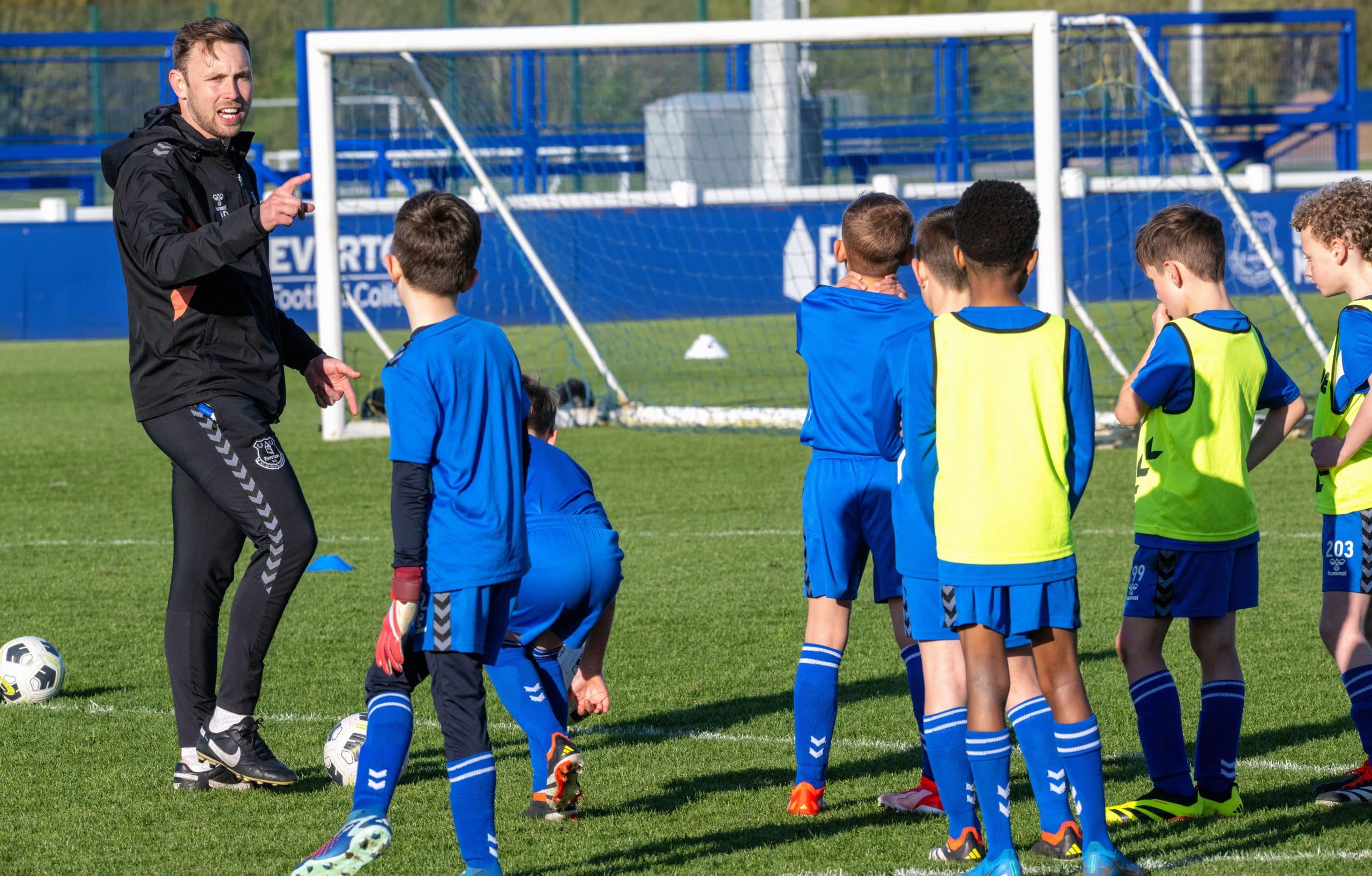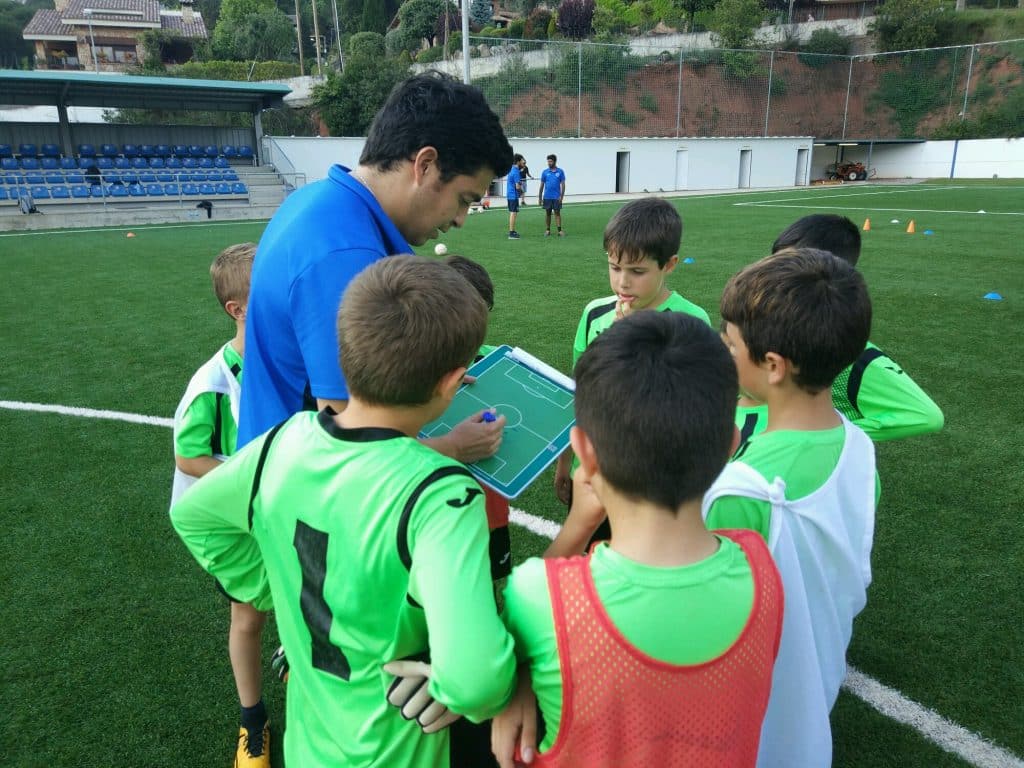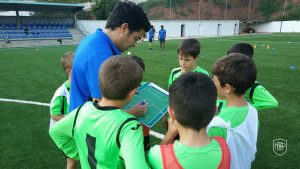As a youth football coach, do you have any doubts when it comes to preparing for matches with your team? What aspects do you take into account when doing so? In this blog we give you 3 ideas to make it easier for you.
In order to arrive at matches with everything ready, we must carry out a series of tasks that will be key to being more efficient and better organised come match time. The three main steps are:
- The Logistics of the Match
For MBP (2024), there are more than 6 elements that must be established by the coach for which the families of the players must be duly informed: location of the match, date and time, meet-up time, kick-off time, equipment and other needs (food, hydration, weather, etc.). Any family member will surely appreciate having this information before the match.
- The Management of the Team for the Game
The second aspect that the coach must do on his/her own is to manage the players in the team for the match. For this, we refer to those who are starters and those who will be substitutes. He/she must also establish the basic structure or playing system of the team according to these players and, finally, manage the playing time of each player.
- Connect the Training Objectives
The matches form part of the training of the players and of their development process. They have to be used to evaluate their level and their evolution during the season. For this, it will be key for the coach to control some tools such as the pre-match talk, their interventions during the game or the evaluation of the content trained.
Therefore, it is very important that, as coaches in the development stages, we control as many elements as possible so that the teaching process of the players meets their needs, knowing that these will not be the same as those of adult players.
Would you like to improve your coaching skills?
In the Online Expert in Youth Football course, you will learn to identify the main characteristics of young players and to classify them according to their level of understanding of the game. All this will allow you to select the most appropriate training content according to their needs and, consequently, you will learn to design training sessions and tasks that respect and favour their learning processes in order to, over time, help develop better players.









